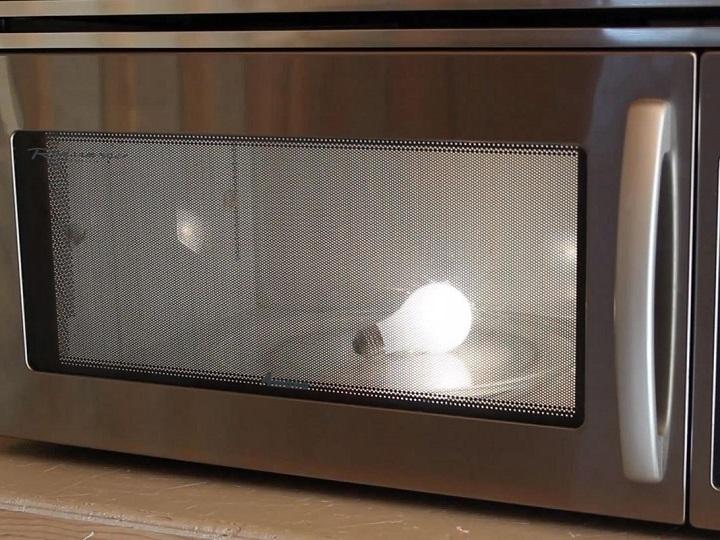Having just finished writing a short article on how to dry shoes with a blow drier, I decided to boil some water for tea in the microwave and the mind wondered on what would happen if I put those same shoes in the microwave.
My first instinct leans towards a possible yes, especially if I used the lowest setting, but then I started to think about the limitations of microwaves and I started to doubt myself. Finally, I decided to just spend 20 minutes to see what other people’s experiences have been.
Can You Dry Shoes in the Microwave?
No, you cannot dry shoes in the microwave, because there is nowhere for the moisture to escape to and because you may end up melting parts that you do not want melting. However, in some very specific cases, using just the right pair of shoes, it might work. Here are some of the design aspects of a shoe that you should consider before microwaving it.
Do they have metal rings on the shoelace holes?
As you probably know you cannot put metal into a microwave oven. In fact, if you have not checked them out, run a YouTube search on people putting metal or, better yet, a light bulb in the microwave. The metal will generate tiny bolts of lightning while the light bulb will actually start producing light.

The problem with those sparks that would definitely be generated by the metal rings on your shoes is that they can easily light the shoes on fire. Of course, you can stop the process at any point by opening the door, but then how are your shoes ever supposed to heat to a point where they would dry quicker?
Is the sole made out of soft, natural rubber?
Most types of rubber do not react to the microwaves in an oven, but the problem is that some of them do and they actually attract them. In either case rubber is not designed to take a lot of heat and is definitely the Achille’s heel in a microwave.
If you are lucky, the water from the soggy shoes will attract all the heat, but it will not be able to boil over because it is in a microwave, so it will get well above boiling point and just corrode away at the rubber in the sole. If you are unlucky, the soles themselves will react to the radiation from the microwave and they will start bubbling and boiling. In fact, it can take as little as 20 seconds for a thin piece of reactant rubber to burst into flames, so that’s really the best reason to stay away from this physics experiment.
Is there leather anywhere on the shoe?
Leather, on the other hand, is highly reactive to microwaves. It may not burst into flames from the very beginning but all of its moisture content that is making it supple and smooth will start bubbling up.
This will explode the nice surface of the letter into what will look like a tiny volcano side, filled with holes and scorched areas. Finally, if none of this fazes you, the sides of the leather will start pulling in as it shrinks from the water loss and your shoes will definitely become unwearable.
How expensive or important are the shoes to you? Let us say, for the sake of the argument that the soles on your shoes are thick and not reactant to the microwave, and let’s say you don’t have any metal or leather on your shoes either, there is still one important question to ask: are you sure there is nothing in the shoe except the extra water that will react to the microwaves?
